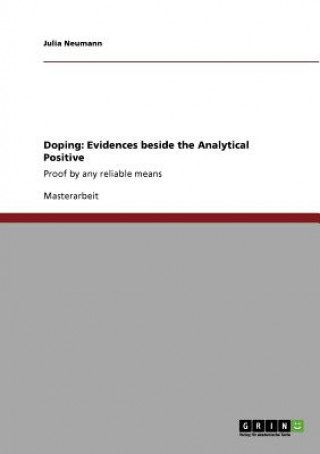
Kód: 01641049
Doping: Evidences beside the Analytical Positive
Autor Julia Neumann
Masterarbeit aus dem Jahr 2010 im Fachbereich Jura - Sonstiges, einseitig bedruckt, Note: B, University of Auckland, Sprache: Deutsch, Abstract: Unfortunately, sport nowadays does not always meet the idealized image of a clean com ... celý popis
- Jazyk:
 Němčina
Němčina - Vazba: Brožovaná
- Počet stran: 48
Nakladatelství: Grin Verlag, 2011
- Více informací o knize

Mohlo by se vám také líbit
-
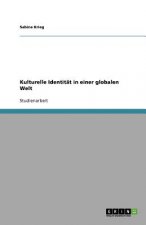
Kulturelle Identität in einer globalen Welt
486 Kč -

Nisekoi 05
213 Kč -
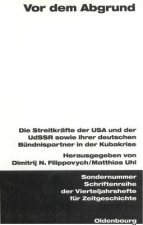
Vor dem Abgrund
1603 Kč -

25 10-Minute Plays for Teens
425 Kč -

Wildlife in the Marketplace
926 Kč -

Un viaje por el mar
280 Kč -

Penny Royal
427 Kč
Dárkový poukaz: Radost zaručena
- Darujte poukaz v libovolné hodnotě a my se postaráme o zbytek.
- Poukaz se vztahuje na celou naši nabídku.
- Elektronický poukaz vytisknete z e-mailu a můžete ihned darovat.
- Platnost poukazu je 12 měsíců od data vystavení.
Více informací o knize Doping: Evidences beside the Analytical Positive
Nákupem získáte 123 bodů
 Anotace knihy
Anotace knihy
Masterarbeit aus dem Jahr 2010 im Fachbereich Jura - Sonstiges, einseitig bedruckt, Note: B, University of Auckland, Sprache: Deutsch, Abstract: Unfortunately, sport nowadays does not always meet the idealized image of a clean competition. In too many cases, illegal performance enhancement, so called doping , plays a dominant role in sports. This development might derive from the circumstance that sport is rather a business than an individual endeavour and self-realisation. Enormous amounts of money are involved in hosting events and marketing of athletes. However, increased doping actions may also result from the development and availability of various technical possibilities for performance enhancement.In the rather widespread field of doping, this paper focuses on the specific area of evidences on doping rule violations other than by so called analytical positives . This paper concentrates on circumstantial, non-analytical and evidence by longitude profiling. Concluding from the number of decisions, these forms of evidence play an important role in the conviction of doping infractions. Circumstantial evidences, for example, inhabit crucial importance in cases where an analytical sample is not available. This refers to cases where, for instance, a doping offence is detected some time later and to cases where, with present laboratory techniques, the use of a substance or method in general is hard/ impossible to detect. Especially in the latter case, methods like longitude profiling of blood/urine may be more widely used in the long term.However, in non-analytical cases, authorities have to face the challenge that the principle of strict liability is not applicable, as in cases where the use of a prohibited substance is proven by the positive result of analytical laboratory tests. In this circumstance, strict liability means that the proof of knowledge or intent to use the substance is redundant. Furthermore, questions arise when the burden of proof is fulfilled in case of a doping allegation, and when non-analytical and/or circumstantial evidences amount to a conviction. Partially, the referring answer is dependent on the distinction between the system of criminal law and classification of disciplinary rules as part of public law. This paper will deal with these issues raised above standing. It will furthermore provide a critical analysis of selected decisions made by the International Court of Arbitration for Sport based on these special types of evidence. The paper, finally, will summarize difficulties and inconsistencies throughout the decisions, but also confirmations and similarities.
 Parametry knihy
Parametry knihy
Zařazení knihy Knihy v němčině Sozialwissenschaften, Recht, Wirtschaft Recht Recht - Sonstiges
1230 Kč
- Plný název: Doping: Evidences beside the Analytical Positive
- Podnázev: Proof by any reliable means
- Autor: Julia Neumann
- Jazyk:
 Němčina
Němčina - Vazba: Brožovaná
- Počet stran: 48
- EAN: 9783640815081
- ISBN: 3640815084
- ID: 01641049
- Nakladatelství: Grin Verlag
- Hmotnost: 84 g
- Rozměry: 6 × 148 × 6 mm
- Rok vydání: 2011
Oblíbené z jiného soudku
-

Bioethics & Medical Law
527 Kč -

English for Lawyers and Law Students
837 Kč -
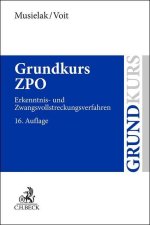
Grundkurs ZPO
772 Kč -
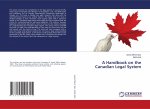
A Handbook on the Canadian Legal System
1447 Kč -
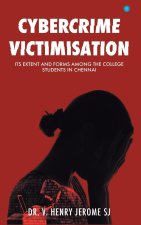
Cybercrime Victimisation
554 Kč -
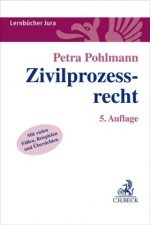
Zivilprozessrecht
720 Kč -

Rechtsunterricht und Rechtsstudium.
2748 Kč -

Wohnungs- und Teileigentum
551 Kč -

SKIN Tasche BASIC Gr. XL (Habersack) onyx-schwarz / mit Tragegurt & Buchstütze
1497 Kč -

ADR 2023
1464 Kč -

Ausbilden in der Apotheke
724 Kč -
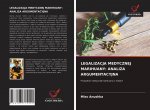
LEGALIZACJA MEDYCZNEJ MARIHUANY: ANALIZA ARGUMENTACYJNA
1057 Kč -

Childhood trauma and impulsivity in bipolar patients
1234 Kč -
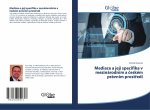
Mediace a její specifika v mezinárodním a ?eském právním prost?edí
770 Kč -
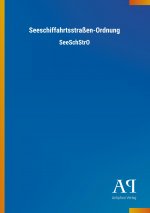
Seeschiffahrtsstraßen-Ordnung
383 Kč -
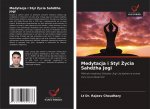
Medytacja i Styl ?ycia Sahd?ha Jogi
718 Kč -
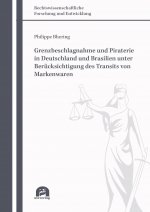
Grenzbeschlagnahme und Piraterie in Deutschland und Brasilien unter Berücksichtigung des Transits von Markenwaren
1256 Kč -
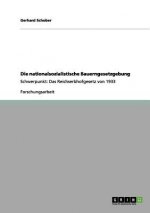
Die nationalsozialistische Bauerngesetzgebung
1230 Kč -

IMDG-Code 2023
5236 Kč -
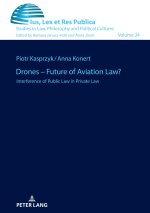
Drones ? Future of Aviation Law?
1593 Kč -

RID 2023
2067 Kč -
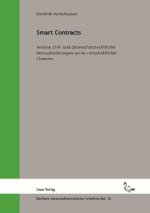
Smart Contracts
895 Kč -

Iustiniani Augusti Digesta Seu Pandectae
2118 Kč -

Lex Salica, Constitutio Criminalis Carolina, Dei delitti e delle pene von C. Beccaria. Geschichte des Strafrechts von 508 bis 1764
1152 Kč -

Gotham City
657 Kč -
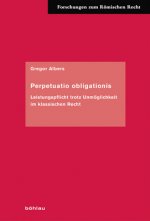
Perpetuatio obligationis
2477 Kč -
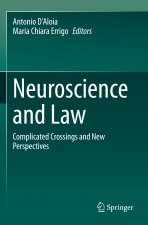
Neuroscience and Law
7468 Kč -

Wasserrecht in Russland: Ein Vektor der progressiven Entwicklung
2357 Kč -
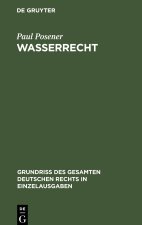
Wasserrecht
3943 Kč -

Restoring the rights of victims of the armed conflict
1234 Kč -
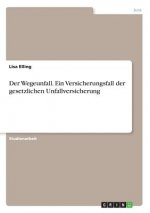
Der Wegeunfall. Ein Versicherungsfall der gesetzlichen Unfallversicherung
1271 Kč -

A Practical Guide to Smart Contracts and the Law
1668 Kč -

Tax optimization
1478 Kč -
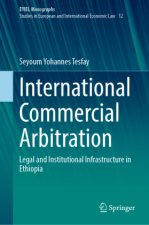
International Commercial Arbitration
4175 Kč -

Molestowanie seksualne
1057 Kč -
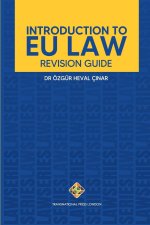
Introduction to EU Law
719 Kč -

Zivilprozessrecht
720 Kč -

Friedrich Karl Von Savigny: System Des Heutigen Roemischen Rechts. Band 7
3943 Kč -

FamFG
4416 Kč -
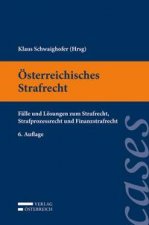
Österreichisches Strafrecht
869 Kč -
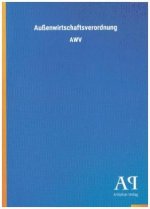
Außenwirtschaftsverordnung
536 Kč -

Medical Devices and IVDs
1333 Kč -

Biometric Data and New Technologies - The Law and Practical Issues on Technologies Such as CCTV, Facial Recognition and Drones
2076 Kč -
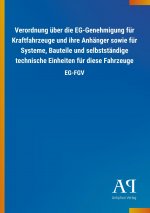
Verordnung über die EG-Genehmigung für Kraftfahrzeuge und ihre Anhänger sowie für Systeme, Bauteile und selbstständige technische Einheiten für diese
331 Kč -

Scars and Stripes
446 Kč -
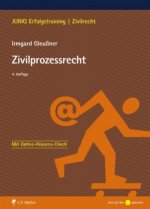
Zivilprozessrecht
504 Kč -

Das neue Heizungsgesetz
736 Kč -
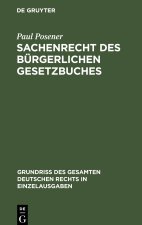
Sachenrecht des Bürgerlichen Gesetzbuches
3943 Kč -
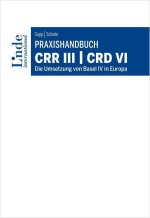
Praxishandbuch CRR III | CRD VI
2266 Kč
Osobní odběr Praha, Brno a 12903 dalších
Copyright ©2008-24 nejlevnejsi-knihy.cz Všechna práva vyhrazenaSoukromíCookies



 Vrácení do měsíce
Vrácení do měsíce 571 999 099 (8-15.30h)
571 999 099 (8-15.30h)